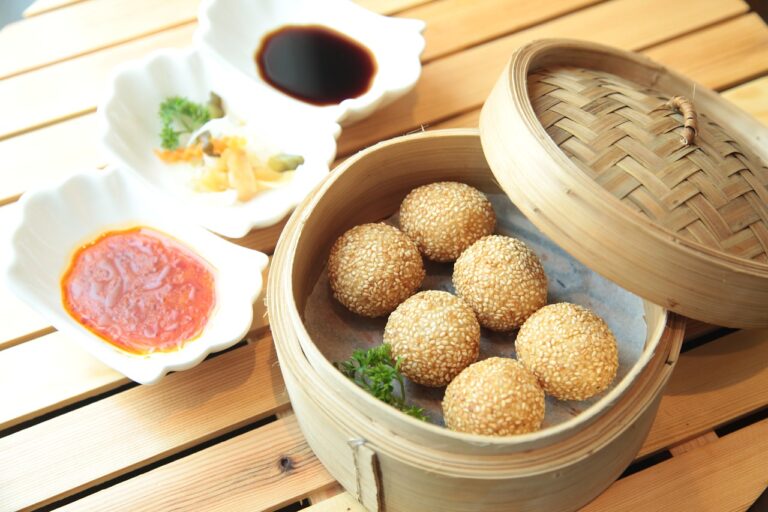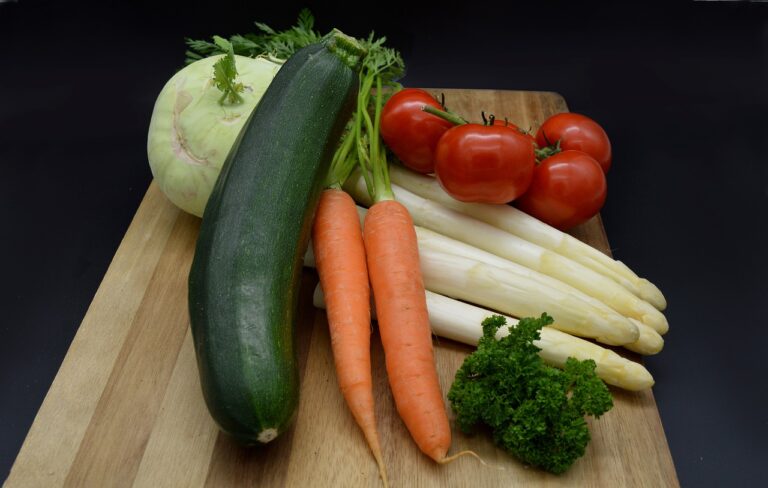The Role of Canning in Indigenous Food Sovereignty Movements
play99exch, lotus exchange login, playexch.in:The Role of Canning in Indigenous Food Sovereignty Movements
There is a growing movement in Indigenous communities across the globe towards reclaiming traditional food systems and promoting food sovereignty. Food sovereignty refers to the right of people to define their own food and agriculture systems, in which they can choose what they eat and how it is produced. One important aspect of this movement is the revival of traditional food preservation techniques, such as canning.
Canning has been used by Indigenous communities for centuries as a way to preserve the abundance of food during the harvest season for consumption throughout the year. However, with the colonization and industrialization of food systems, many traditional food preservation techniques, including canning, were lost or replaced by processed, store-bought foods.
In recent years, there has been a resurgence in interest in canning among Indigenous communities as a way to reclaim their food sovereignty. By canning locally grown fruits, vegetables, and meats, Indigenous people are able to reconnect with their traditional diets, support local food producers, and reduce their reliance on processed and imported foods.
Here are some key ways in which canning plays a crucial role in Indigenous food sovereignty movements:
Preserving Traditional Foods: Canning allows Indigenous communities to preserve and enjoy traditional foods year-round, ensuring that cultural heritage and knowledge are passed down from generation to generation.
Supporting Local Economies: By canning locally grown fruits and vegetables, Indigenous people are able to support local farmers and producers, contributing to stronger local economies and food systems.
Reducing Food Waste: Canning helps to reduce food waste by preserving excess produce that would otherwise go to waste. This not only helps to save money but also promotes sustainability and environmental stewardship.
Promoting Food Security: Canning provides Indigenous communities with a reliable and sustainable source of nutritious food, even in times of food shortages or economic instability.
Empowering Indigenous Communities: By reclaiming traditional food preservation techniques, Indigenous communities are able to assert their sovereignty over their food systems and promote self-sufficiency and resilience.
In conclusion, canning plays a vital role in Indigenous food sovereignty movements by preserving traditional foods, supporting local economies, reducing food waste, promoting food security, and empowering Indigenous communities. By embracing traditional food preservation techniques like canning, Indigenous people are reclaiming their food sovereignty and preserving their cultural heritage for future generations.
FAQs
Q: What are some traditional Indigenous foods that are commonly canned?
A: Some traditional Indigenous foods that are commonly canned include wild berries, salmon, venison, and root vegetables like potatoes and carrots.
Q: Can anyone learn how to can food?
A: Yes, canning is a relatively simple process that can be learned by anyone with the right equipment and basic instructions. There are many resources available online and in local communities to help people learn how to can safely and effectively.
Q: How can I support Indigenous food sovereignty movements?
A: You can support Indigenous food sovereignty movements by purchasing products from Indigenous-owned food companies, attending local food sovereignty events and workshops, and advocating for policies that support traditional food systems and Indigenous rights.







